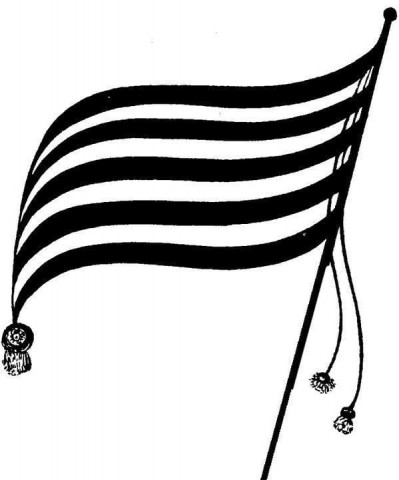Lost opportunity: JUI-F lays claim to opposition benches despite more votes than JI
Religious vote bank divided as religious parties lose seats.

The JUI-F leader added the JI had also demanded extra seats in those areas of the province where the JUI-F enjoyed strong vote banks, maintaining the demand was unjustified. PHOTO: FILE
With 1,583,370 and 405,305 votes obtained by the JUI-F and JI respectively, religiously-inclined political parties in Khyber-Pakhtunkhwa (K-P) had considerable popularity on Election Day. However, with the Islamic vote bank divided between several religious parties, it was the JI that managed to form the coalition government in the end despite receiving a fraction of the JUI-F’s votes.

Disagreement over reviving the Muttahida Majlis Amal (MMA) cost both parties several seats on Election Day. Several more seats could have been won had they entered an electoral agreement as the combined number of votes given to the JUI-F and JI were much higher than those secured by successful candidates in key constituencies.
JUI-F information secretary told The Express Tribune the party’s candidates emerged second in 20 constituencies, including those in Peshawar, Nowshera, Mardan, Kohat, Swat, Chitral, Swabi, Hangu, Mansehra, Kohistan, DI Khan and Bannu. Responding to a query, Jalil maintained the JUI-F had emerged as a strong force in these regions due to the strength of ‘Islamic’ vote bank. “But the JI demanded 50% of seats from us and the chief minister slot as a condition for reviving the MMA,” he claimed.
The JUI-F leader added the JI had also demanded extra seats in those areas of the province where the JUI-F enjoyed strong vote banks, maintaining the demand was unjustified. Answering another question, Jalil alleged the party did not put up a good show in the central districts of the province because elections had been rigged in those areas.
“Rigging played a part in this whole process due to which more than double the votes were obtained by successful candidates who enjoyed no popularity in their areas,” he claimed. He went on to say there were some candidates – joining the provincial government for the first time – who received fewer votes than those on the opposition benches.
K-P senior minister designate and JI leader Siraj ul Haq told The Express Tribune one of the major reasons behind the failure of the MMA’s revival was the division of electoral seats among parties that made up the alliance. Haq said every party was claiming it would sweep the polls and this was the reason the MMA could not be revived in full spirit. He rejected the claim made by Jalil stating the JI wanted the chief minister slot.
“It was the JI that struggled in vain till the end to achieve an agreement on seat adjustments,” said Haq. “If we had succeeded, the (election) results would have been much better. Differences between a few people caused the MMA to remain dormant.”
Siraj said the alliance of religious groups was essential, not only in Pakistan, but in Afghanistan as well.
University of Peshawar’s Department of International Relations Chairman Adnan Sarwar claimed the disagreement between the two major religiously-inclined political parties was not a good omen. “They are not purely religious parties as they lust for power,” he added.
He said personal interests did not matter for those parties that had proper objectives. “Now the two parties are pitted against each other in the upcoming government,” he said, adding the cycle of either one of them being part of the government or opposition had been continuing for a long time.
Published in The Express Tribune, May 31st, 2013.













COMMENTS
Comments are moderated and generally will be posted if they are on-topic and not abusive.
For more information, please see our Comments FAQ